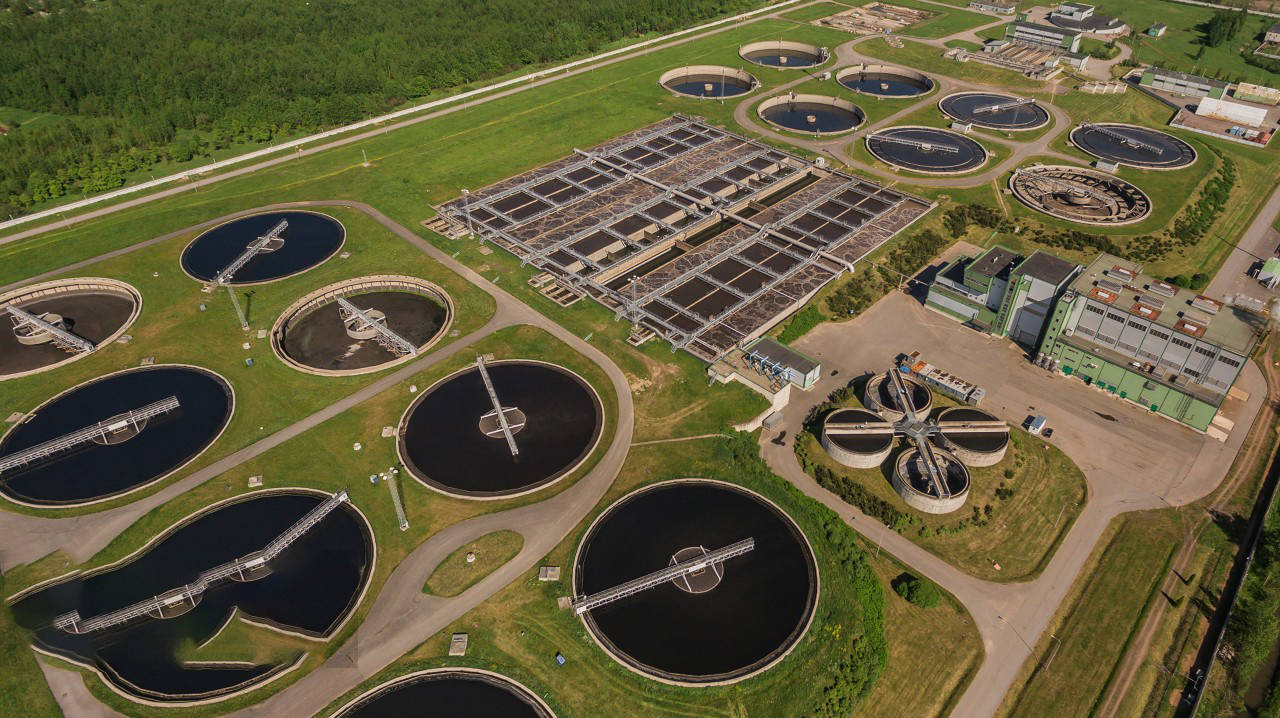Industrial water differs from domestic water in that it can be divided into the following categories based on the substances it contains and its uses:
Raw water, in a broad sense, is water taken from a natural or impounded body of water, such as a river, lake, pond or underground aquifer, and used as a source of water supply. Specifically for industrial manufacturing, it is the water that flows into the first treatment unit of the water treatment process.

Softened water, is natural water that contains small amounts of soluble magnesium and calcium salts, and can also be said to be hard water treated by softening, soft water: 0-60ppm.
Desalinated water is water that contains strong electrolytes that can be easily removed or reduced to a certain level, and the remaining salt content should be between 1 and 5 mg/l.
Pure water is water in which salts (mainly strong electrolytes dissolved in water) are removed or reduced to a certain extent. 1.0-10.0μS/cm, conductivity (25℃) 0.1-1.0×106cm contains 1-5mg/L of salt.

Ultra-pure water, also known as UP water, is water with a resistivity of 18 MΩ*cm (25°C). This water has few impurities except water molecules, not to mention bacteria, viruses, organic substances such as chlorinated dioxins, and of course, no mineral trace elements, which means water with almost all atoms other than oxygen and hydrogen removed. It can be used in the preparation process of ultra-pure materials (semiconductor original materials, nano-fine ceramic materials, etc.) applying distillation, deionization, reverse osmosis technology or other appropriate supercritical fine technology.
If you are interested in our products, or have questions about industrial water filtration and purification, please feel free to contact us







